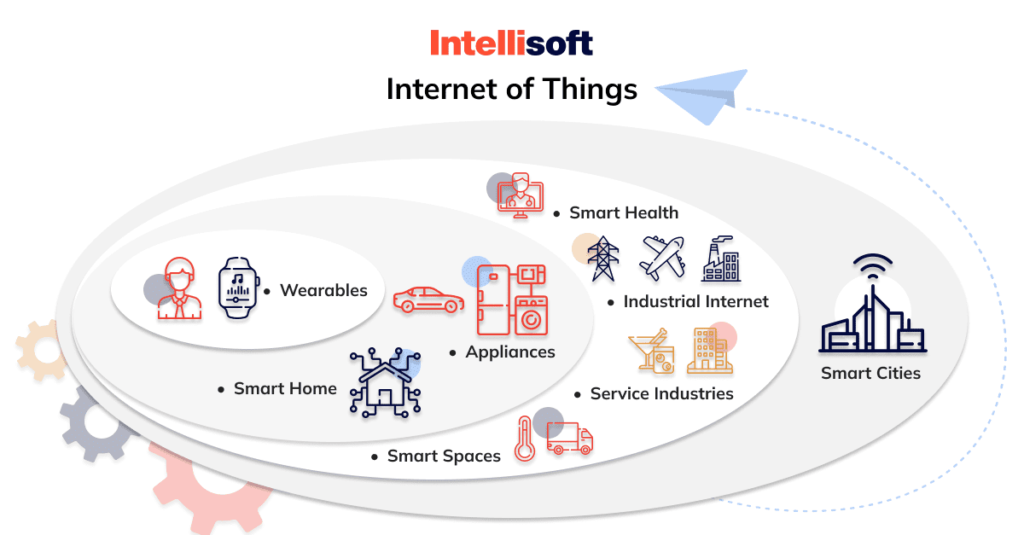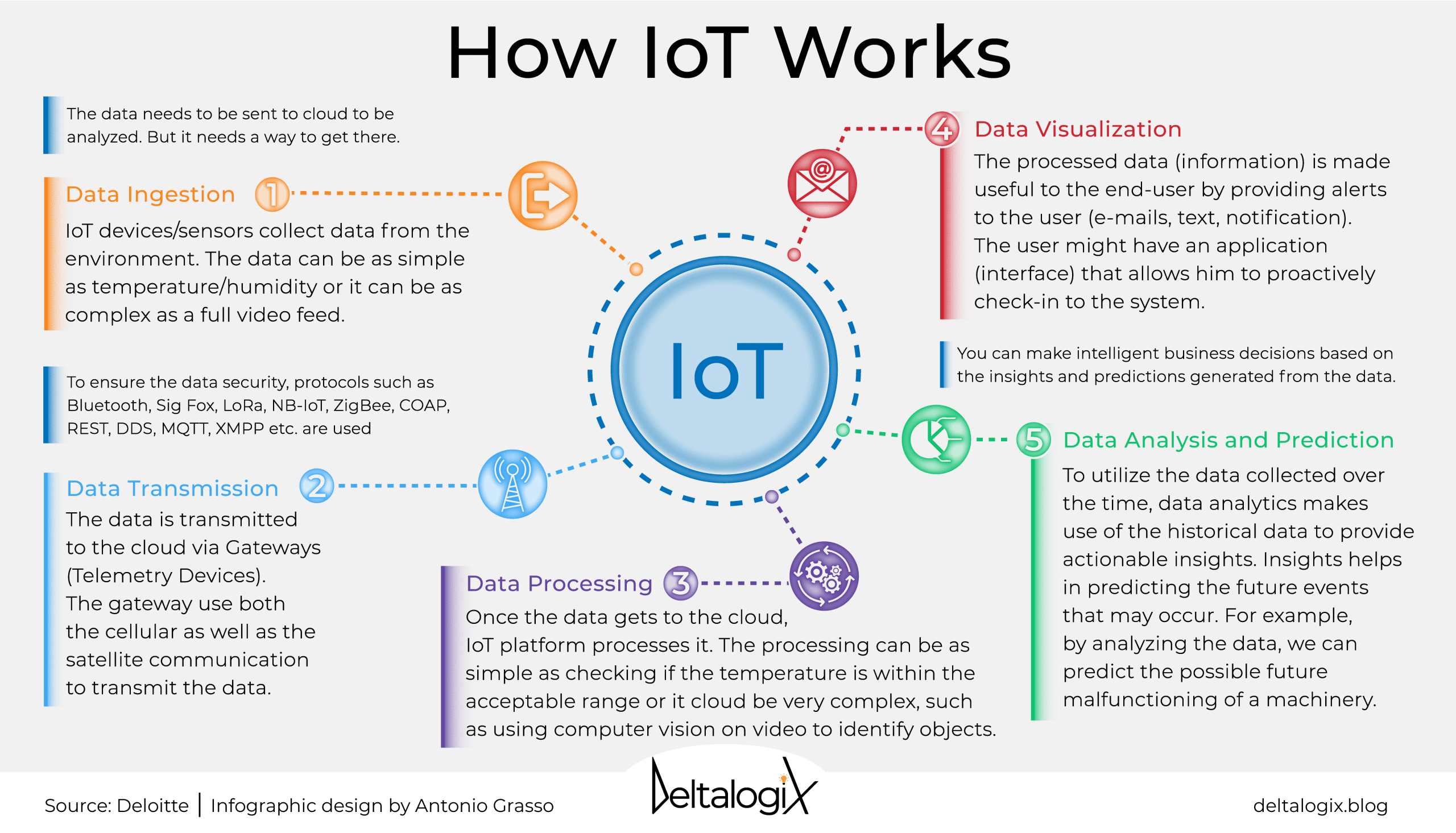IoT Batch Jobs Explained: Streamlining Data Processing
Are you ready to unlock the true potential of your IoT devices? Batch jobs, the unsung heroes of the IoT world, are the key to unlocking efficiency, scalability, and actionable insights from the deluge of data generated by these interconnected devices.
The Internet of Things (IoT) is no longer a futuristic concept; its a present-day reality, weaving its way into every facet of our lives, from smart homes to industrial automation. The explosive growth of IoT has led to an unprecedented influx of data, a data tsunami generated by millions of sensors, devices, and systems, all clamoring for attention. The challenge lies not in collecting this data, but in making sense of it. This is where the concept of IoT batch jobs becomes critical. The simple query of "Iot batch job over internet" might yield limited direct results in a generic search, but the underlying principle is profoundly important. It speaks to the need for efficient processing of massive datasets collected across vast networks of interconnected devices.
The very nature of IoT devices their distributed deployment, their often resource-constrained environments, and the sheer volume of data they generate demands a structured and efficient approach to data processing. Batch jobs step into this breach, offering a way to manage large datasets, automate routine tasks, and ensure optimal system performance. In the context of IoT, batch jobs encompass a broad range of operations, from gathering sensor data to automating crucial maintenance routines. Essentially, they are the backbone of data management within the IoT ecosystem, allowing businesses and organizations to process large volumes of data efficiently, transforming how IoT systems operate.
Consider this: a manufacturing plant might have thousands of sensors monitoring various aspects of production, from temperature and pressure to machine vibrations and energy consumption. The constant stream of data from these sensors is overwhelming. Analyzing this data in real-time for every single datapoint isn't practical or efficient. Batch jobs come into play here. The plant can use batch processing to collect data over a specified period (say, every hour), aggregate it, and run analytical queries. This provides a clear overview of operational efficiency, identifies potential anomalies, and allows for proactive maintenance.
Beyond the specifics, understanding the importance of batch jobs in IoT is paramount. By automating routine tasks and processing large datasets, batch jobs minimize manual intervention, drastically reducing the potential for human error. They also streamline operations, ensuring that critical system resources are utilized effectively. Furthermore, batch jobs provide a platform for applying advanced analytics, such as machine learning algorithms, to uncover hidden patterns and insights within the vast ocean of data. "Iot run batch job" encapsulates this core functionality: the execution of a series of tasks or operations on large datasets derived from IoT devices.
The concept of remote IoT batch job example streamlining data processing since yesterday highlights the critical need for effective data management across interconnected networks. The ability to manage operations remotely is key to optimizing performance and ensuring maximum uptime. Implementing these kinds of systems can dramatically improve the processing capabilities of IoT networks, enabling faster responses to events and allowing for more granular control over the data generated by the devices.
To solidify this further, lets break down the essential elements of what makes up an effective IoT batch job strategy:
- Data Collection: How the data is gathered from IoT devices (sensors, gateways, etc.).
- Data Processing: Transforming, cleaning, and aggregating the data.
- Scheduling and Orchestration: The timing and order of job execution.
- Data Storage: Where the processed data is stored (databases, data lakes, etc.).
- Reporting and Visualization: How insights are extracted and presented.
The efficiency of these processes directly impacts the ability of organizations to make data-driven decisions and stay ahead in today's fast-paced competitive landscape. The ability to monitor, manage, and control IoT devices remotely is critical to maximizing efficiency and ensuring optimal performance across all devices in the network.
Introduction to IoT device batch jobs is the starting point for understanding a complex subject. Batch jobs are the engines that drive these IoT systems. These jobs are processes that handle large volumes of data generated by IoT devices in a structured and efficient manner. The automation of routine maintenance checks is yet another critical application. These jobs can be scheduled to run automatically at specific times, ensuring that devices are regularly inspected and any potential problems are addressed proactively. This helps minimize downtime, improve system reliability, and reduce the need for manual intervention.
The ability to process data in batches also opens up the door to more sophisticated analytics. Complex algorithms can be applied to the data to identify trends, predict future events, and gain deeper insights into the performance of IoT devices and systems. As a result, businesses can make better decisions, optimize operations, and improve their overall business outcomes. The potential of IoT batch jobs is undeniable, with applications ranging from predictive maintenance in manufacturing to smart city management. It's about creating more efficient, intelligent, and responsive systems.
In essence, the convergence of IoT and batch processing represents a fundamental shift in how we collect, analyze, and act upon data. As the volume and complexity of IoT data continue to grow, the ability to process this data efficiently and effectively will become even more critical. Batch jobs are not just a convenience but a necessity for organizations looking to fully leverage the potential of the Internet of Things. While a simple search may not reveal all the nuances of the concept, the importance of batch jobs in the IoT arena is undeniable. They are the cornerstone of building robust, scalable, and intelligent IoT systems that transform data into actionable insights.


